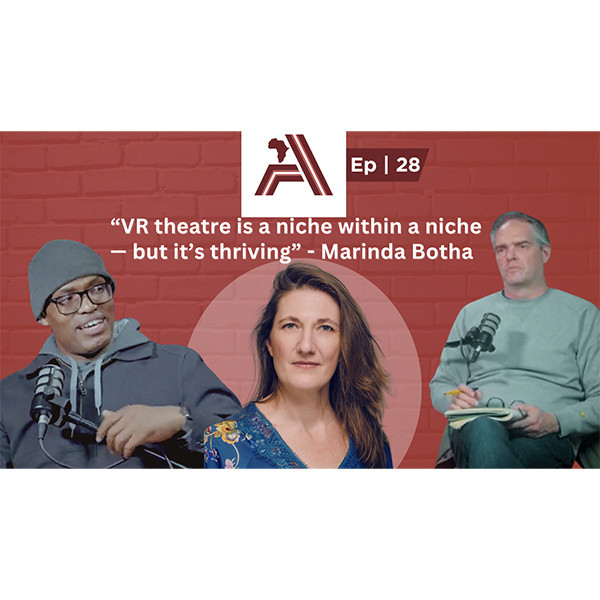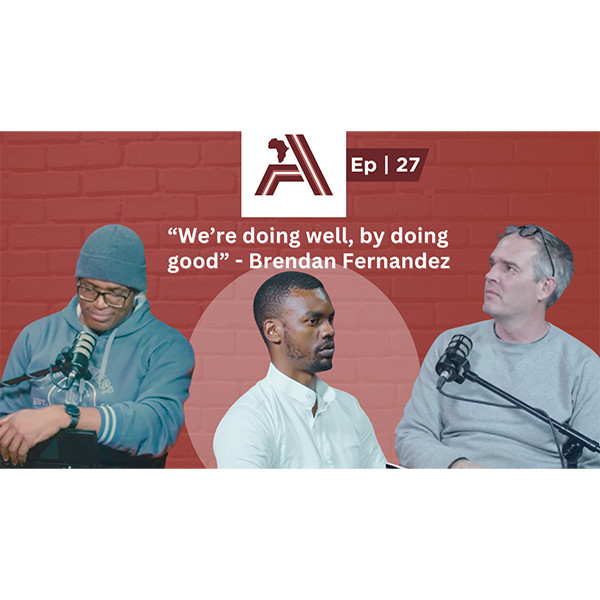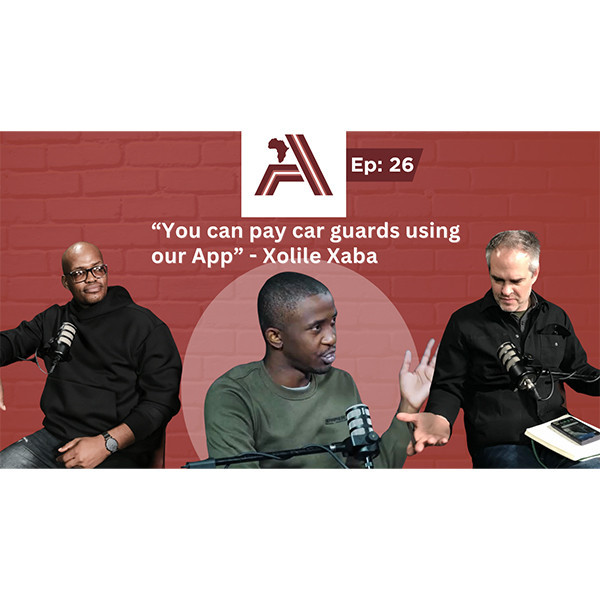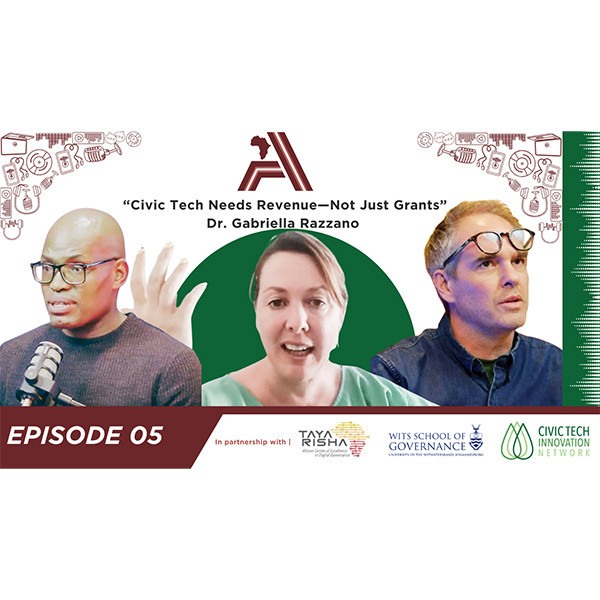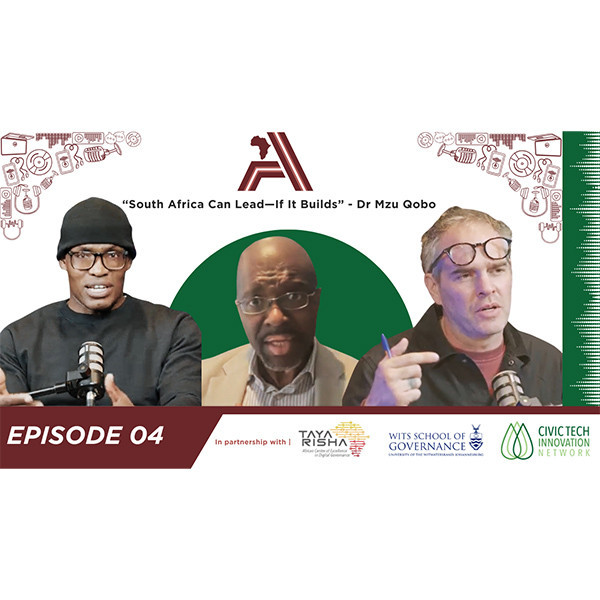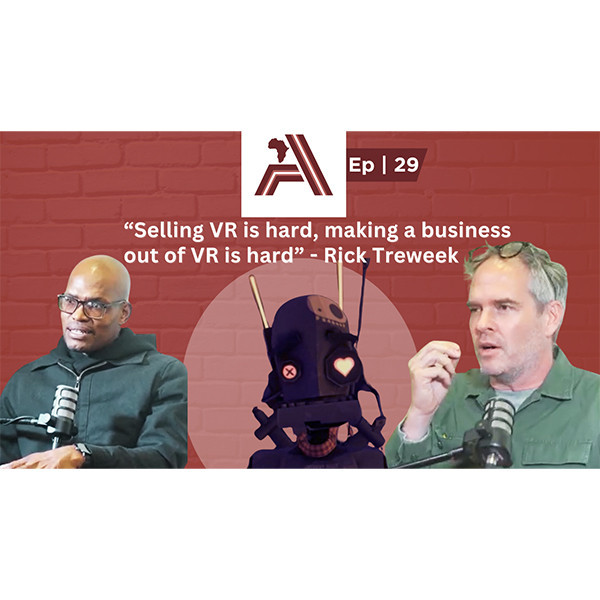
EP 29 | Building the Open Metaverse from Africa– Rick Treweek on Avatars, Worlds & Art
Loading player...
In this episode of The Angle, we talk to Rick Treweek, a Cape Town-based immersive artist and technologist best known as MetaRick, about what it means to build meaningful digital spaces in an often overhyped VR ecosystem.
From early game development to pioneering virtual performances in Uncanny Alley, Rick has helped position South Africa within the global immersive media landscape — including a nomination at the Raindance Immersive Awards. We explore the tension between open creativity and corporate ownership of platforms, the unique cultural barriers facing African creators, and why avatars might offer more human intimacy than social media ever could.
Rick also reflects on the burnout of building VR without funding, his work with Eden Labs, and how experimental theatre can thrive in virtual spaces if we let it.
If you care about creative technology, digital freedom, or storytelling beyond the screen, this one’s for you.
Chapter Timecodes:
00:00 – Intro & Rick’s VR persona
02:00 – Growing up offline and discovering tech late
04:00 – What is Uncanny Alley?
06:30 – Collaborating with Ferryman Collective for Raindance
09:00 – Storytelling as resistance in the metaverse
11:00 – Ownership, open-source tools & platform risks
14:00 – Building South Africa’s VR community (MVC SA)
18:00 – Cultural gaps: avatars, adoption & funding
22:00 – The metaverse hype cycle (and crash)
25:00 – What’s holding African VR back
27:00 – Electric South & the importance of immersive labs
30:00 – Eden Labs & curating immersive exhibitions
34:00 – Translating Mary Sibande’s work into VR
38:00 – Preserving & archiving digital worlds
41:00 – Why old VR works disappear & can’t be replayed
45:00 – Building therapeutic worlds (for autistic kids)
49:00 – What it takes to build in VR (Unity, Unreal, budgets)
52:00 – VR as social media with human intimacy
55:00 – Final thoughts & MetaRick’s links
#VRTheatre, #ImmersiveStorytelling, #VirtualReality, #RaindanceImmersive, #OpenMetaverse, #DigitalPerformance, #SouthAfricanCreators, #TheAnglePodcast, #MetaRick, #CreativeTechnology
From early game development to pioneering virtual performances in Uncanny Alley, Rick has helped position South Africa within the global immersive media landscape — including a nomination at the Raindance Immersive Awards. We explore the tension between open creativity and corporate ownership of platforms, the unique cultural barriers facing African creators, and why avatars might offer more human intimacy than social media ever could.
Rick also reflects on the burnout of building VR without funding, his work with Eden Labs, and how experimental theatre can thrive in virtual spaces if we let it.
If you care about creative technology, digital freedom, or storytelling beyond the screen, this one’s for you.
Chapter Timecodes:
00:00 – Intro & Rick’s VR persona
02:00 – Growing up offline and discovering tech late
04:00 – What is Uncanny Alley?
06:30 – Collaborating with Ferryman Collective for Raindance
09:00 – Storytelling as resistance in the metaverse
11:00 – Ownership, open-source tools & platform risks
14:00 – Building South Africa’s VR community (MVC SA)
18:00 – Cultural gaps: avatars, adoption & funding
22:00 – The metaverse hype cycle (and crash)
25:00 – What’s holding African VR back
27:00 – Electric South & the importance of immersive labs
30:00 – Eden Labs & curating immersive exhibitions
34:00 – Translating Mary Sibande’s work into VR
38:00 – Preserving & archiving digital worlds
41:00 – Why old VR works disappear & can’t be replayed
45:00 – Building therapeutic worlds (for autistic kids)
49:00 – What it takes to build in VR (Unity, Unreal, budgets)
52:00 – VR as social media with human intimacy
55:00 – Final thoughts & MetaRick’s links
#VRTheatre, #ImmersiveStorytelling, #VirtualReality, #RaindanceImmersive, #OpenMetaverse, #DigitalPerformance, #SouthAfricanCreators, #TheAnglePodcast, #MetaRick, #CreativeTechnology
